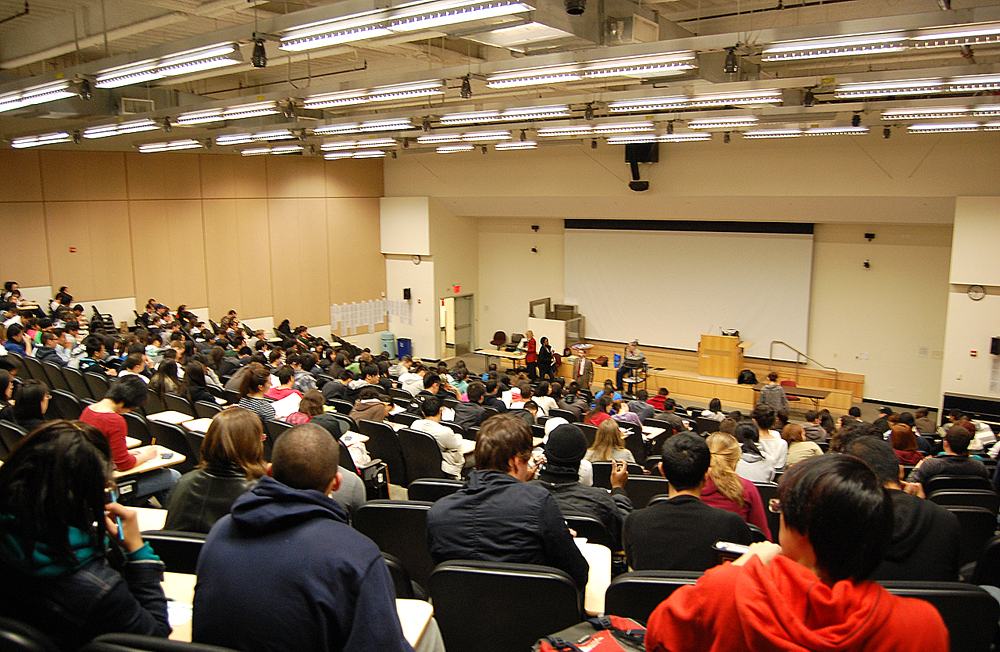OPINION: New diversity legislation will only worsen USF’s staffing issues

Senate Bill (S.B.) 266 went into effect on Saturday, and some USF staff members worry that it will make the university’s staffing challenges worse.
S.B. 266 places strict limitations on diversity, equity and inclusion initiatives in Florida’s public universities and eliminates most course material having to do with critical race theory or women and gender studies.
This bill must be overturned by the Florida legislature because of the detrimental effects that it will have on the state’s already understaffed universities. It will drive away potential employees and make it more difficult to receive federal funding.
USF has been struggling with hiring and retaining a full staff for years.
In 2021, lingering effects from COVID-19 combined with an increasing number of students left USF scrambling to keep up with increased staffing demands.
“The biggest factor has been the budget and the lack of sufficient budget support over the years to adequately staff the College of Engineering. And that got worse of course during COVID-19,” said College of Engineering Dean Robert Bishop.
The university started using a system called Shared Services, which would allow colleges in the area to coordinate and share staff and resources in order to cut costs in an attempt to allocate more money to staffing.
Despite these efforts, these staffing problems are still ongoing. USF has a student-instructor ratio of 22:1, according to the 2022-23 Fact Book. This is much lower than the state average of 14.71 students per faculty member, according to a 2022 report by Univstats.
“We are still having retention challenges. Some faculty are moving and they are citing recent legislative changes,” said Provost Prasant Mohapatra.
This bill is likely going to ostracize women, people of color, members of the LGBT community and more, as it will likely make them feel unwelcome and unsafe in Florida. This is a large community of potential staff members being affected by this new law.
Not only does this bill deter potential staff because of their personal beliefs and experiences, but it makes it more difficult for researchers to get federal grants.
“Just pick a federal source. Almost always they have minimum requirements for things such as diversity, equal opportunity, inclusion and it often requires faculty to be tenured in order to receive grants,” said College of Education professor William Lang.
USF ranks 11th among American public research universities and 23rd among all universities worldwide in generating new patents. The university was awarded over $480 million in research grants and contracts for the 2022-23 school year, according to USF’s website. These funds made up 21% of USF’s annual operating budget.
Since research is so vital to the university, difficulties receiving funding can be extremely detrimental.
Mohapatra believes that USF’s recent membership into the Association of American Universities may help combat this new legislation’s impact on staffing issues at USF. The university announced the new status in a June 1 press release. This will make USF much more attractive to potential new staff members as it is the most prestigious association in higher education, President Rhea Law said in the release.
However, there are 71 universities currently in the AAU, and only three are in Florida. With so many other universities in this association, S.B. 266 will make USF one of the least appealing.
Florida’s legislature should vote to overturn S.B. 266 as it will put even more strain on the state’s universities. Colleges like USF are already struggling to stay fully staffed, so a law that will drive away more people is counterintuitive.







